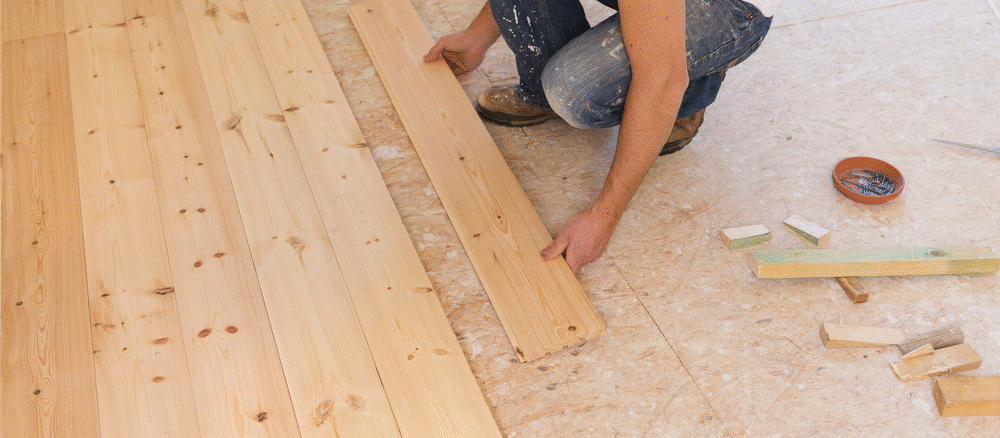
Making improvements to your home can significantly enhance its aesthetic appeal and market value, in addition to increasing your comfort. However, funding these renovations may pose a challenge for many homeowners. Learn how to initiate a home improvement loan and gather information to educate yourself on how to finance your remodeling project effectively.
Understanding Home Improvement Loans
Home improvement loans are special financial products designed to assist homeowners in funding renovation projects. According to Investopedia, they often cover up to 100% of the costs associated with remodeling, enabling you to enhance your living space without paying much out of pocket. By understanding the various types of home improvement loans available, you can determine which option is best suited for your needs.
Before applying for a home improvement loan, it’s crucial to assess your financial situation and current credit score. A favorable credit history can lead to lower interest rates and increased coverage opportunities, making it more manageable to repay the loan over time. Additionally, understanding the terms and conditions associated with these loans can help you avoid pitfalls that could arise during repayment.
Research is key when selecting a lender for your home improvement loan. Different financial institutions, including banks and credit unions, offer varied interest rates and terms. Taking the time to compare options will help you find the most cost-effective solution for your home projects.
Choosing the Right Renovation Projects
Not all home renovations yield the same return on your investment. For instance, remodeling a kitchen can provide an impressive return of up to 75% when you decide to sell your home, according to the Architectural Digest. This makes it a smart choice for homeowners who are looking to enhance their living space and increase their property’s value.
Aside from kitchen projects, bathroom renovations hold significant appeal as well. In fact, research from Today’s Homeowner shows that approximately 27% of homeowners prioritize updating their bathrooms, making it the most common area for improvement. Choosing popular and high-demand renovations can maximize your investment and provide a refreshing upgrade to your home.
When selecting which renovations to pursue, it’s wise to consider your lifestyle and plans. Whether it’s creating more space in a small home or integrating modern amenities, aligning your projects with your family’s needs can enhance your overall satisfaction. This strategic approach can also lead to greater long-term benefits, as you’ll enjoy the improvements while still retaining significant value in your home.
Applying for a Home Improvement Loan
Once you have decided on the renovations you wish to undertake, the next step is to begin the loan application process. Gather all necessary documentation, such as proof of income, details of your current debts, and estimates for the renovation costs. Being organized will facilitate the application process and demonstrate your preparedness to potential lenders, further incentivizing them to work with you.
Be ready to explain the specifics of your home improvement plans to the lender. Providing clarity on how you intend to use the funds can build trust and increase the likelihood of approval. Additionally, including a comprehensive budget that outlines all expected expenses can strengthen your case.
Be sure to consider the terms of the loan carefully before signing any agreements. Pay attention to interest rates, repayment periods, and any hidden fees that may not be immediately apparent. Understanding these details will ensure that you make an informed decision, ultimately benefiting your financial situation and home improvement efforts.
Initiating a home improvement loan involves several steps, from understanding loan options to selecting the right renovation projects. By carefully planning your improvements and exploring financing options, you can set your home up for success. Ultimately, these enhancements will not only improve your living experience but also provide potential financial returns on your investment.

